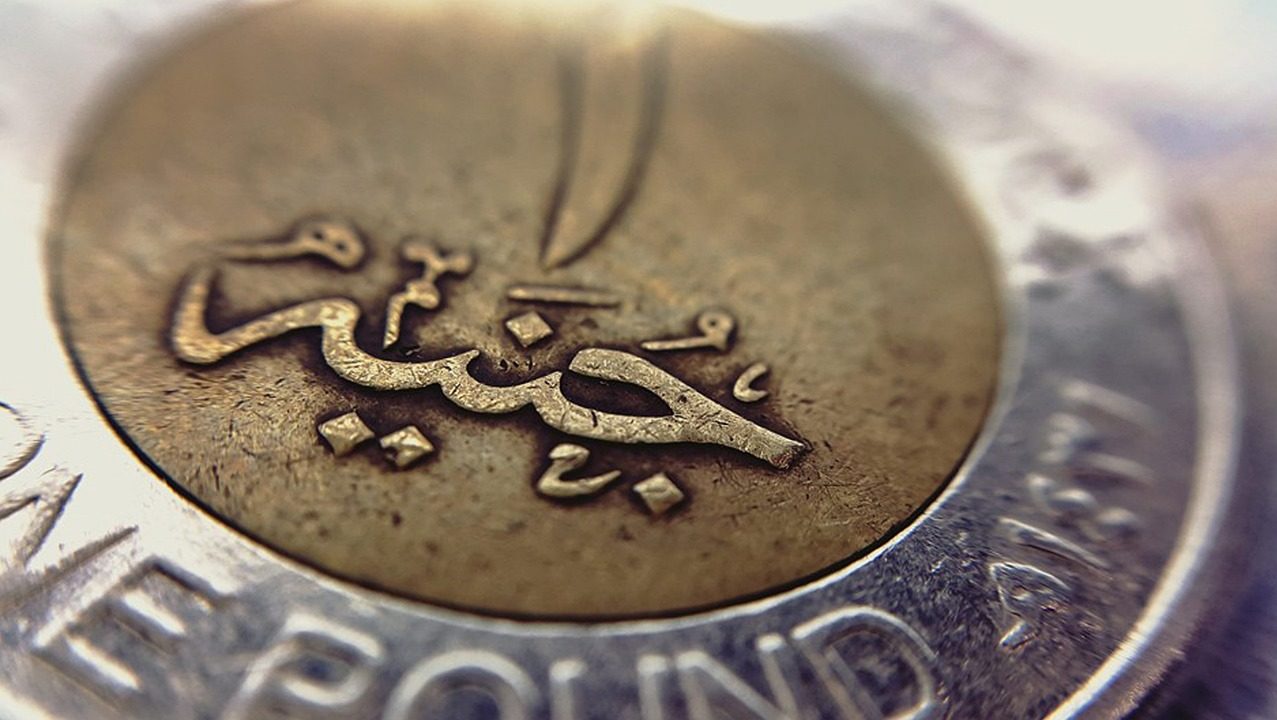What Can History Teach Us About Current and Future Crises
Al-Ahram, Egypt, February 10
Why does the current economic crisis, with its high inflation and devaluation of the Egyptian pound, seem more severe than the crises that followed the 2011 revolution? Over the past 12 years, the Egyptian population has had to endure a challenging political, economic, social and security landscape alongside the ambition to build a prosperous nation. Despite this, the general consensus is that the present situation is far more dire than before, and that the sacrifices made to get to this point often are underappreciated. Questions of “what is in it for me?” are often posed in the media and online, but there is an absence of understanding of the process of nation-building and the global experiences in this field. The concept of development is seen as creating tangible assets for the state, without consideration of the need for explanation or logic. What is neglected is that the national project should be focused on managing wealth and not managing poverty. Every decision has a time and a cost, and it is those who came before us that paved the way for the difficult task of building a country and a nation. The Egyptian narrative of what has transpired has always been fragmented. It is unclear how the new administrative capital is linked to the Decent Life Initiative or to efforts to reduce slums and promote public health. The sacrifices of five million workers, foremen, engineers and designers have largely gone unnoticed as they worked in three shifts on each project, a pace unheard of since the construction of the Aswan High Dam. As the waters of the Red and Mediterranean seas passed over the heads of workers in the Suez Canal tunnels, ships carrying goods and commodities from around the world sailed by. Projects from the New Delta to the Egyptian Walkway on the Nile River were completed without fanfare, with the counter-propaganda summing up the whole effort as merely “roads and bridges.” The other narrative, however, tells of the heroic, hardworking and dedicated people behind these efforts. It is this narrative that should be remembered. The content of economic discourse often has been lacking in useful information, and discussions have become overly partisan. The economic crisis can only be addressed with science, knowledge, will and a deep understanding of past successes and failures. The requirements of the International Monetary Fund are not new, and have been discussed by many Egyptian governments in the past. What is clear is that unexpected events can occur; for example, the sudden flight of capital when the Ukrainian war began. But, as evidenced by countries like India and China, sustainable growth is achievable if the necessary lessons are learned. To this end, it may be beneficial to form an early warning group to gather information and present options, much like the climate and weather institutions that predict earthquakes and hurricanes. It is essential that Egyptians not overlook the lessons of the past. – Abd Al-Moneim Said (translated by Asaf Zilberfarb)


